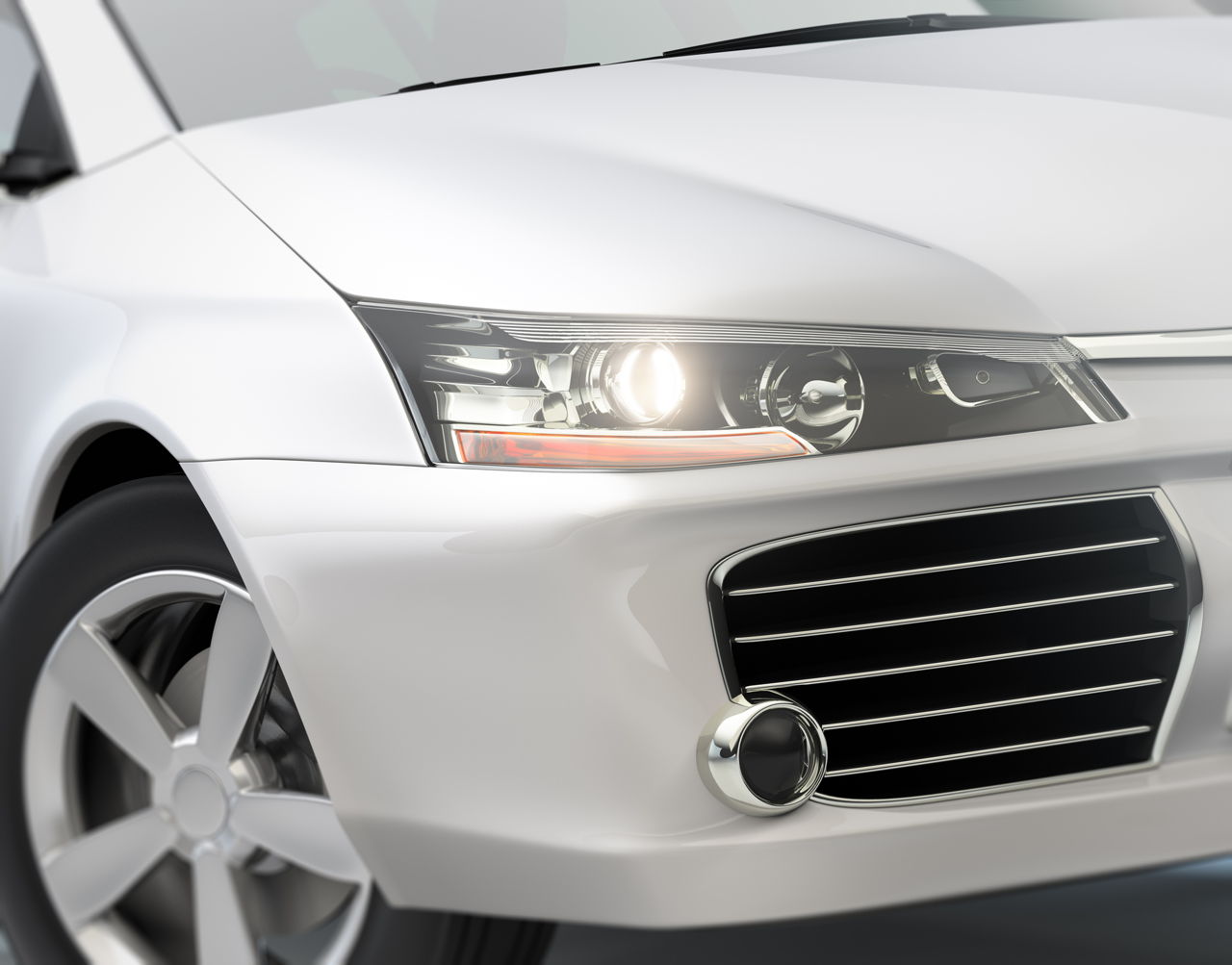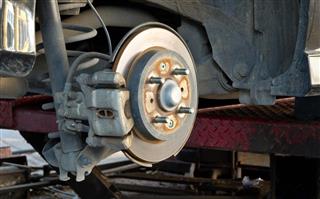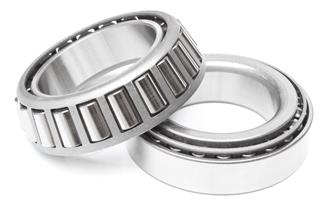
If you are trying to diagnose the grinding noise that seems to persist in your car while turning, this article will be a helpful read. Here, the probable causes are discussed.
A car can be a weird beast to control sometimes. Like every person, a car develops its own quirks and idiosyncrasies over time. After spending a long time with one, any driver understands that it has a unique personality in the way it responds to your control. While some noises that occur in a car during normal functioning may be systemic, there are some which signify abnormalities, that need to be rectified as soon as possible. Noise of any kind, other than normal, is the result of friction of some kind, in the car’s internal mechanism.
Diagnosis
I have personally observed expert mechanics diagnosing car problems, by merely listening to the murmurs of the engine settling into idling condition or humming into first, second, and third gears. To isolate what may be causing the grinding or clunking noise when turning, you need to identify the source of the sound. When you turn and hear the sound, try to gauge if it’s from the rear or the front. Is it on the right or left? According to the direction of sound source, the cause may be identified.
Probable Causes
I researched widely and consulted some expert car mechanics about what could cause the unsettling grinding noise when accelerating or turning. The results of my research are presented in the following section, for your perusal. Considering that every car model has its unique problems, I don’t guarantee that the cause may be any of three listed below, but they are the most likely ones.
Bad Wheel Bearings
If your car makes noise when turning and it’s the grinding type, the most likely cause is bad or worn out wheel bearings. They are designed to be the buffer between axle and the wheel itself, which prevents friction between the two moving parts. However, worn out wheel bearings can lead to friction, causing grinding noise while turning the car on bends. This noise persists when the car is accelerating. Replacing the wheel bearings should stop the noise.
Brake Problems
Another most likely source of the noise, may be a problem with the brake assembly. It may be a loose brake shield, worn out brake caliper and pads, or even rotor misalignment. In any case, it’s recommended that you get the entire braking system checked out.
CV Joint Related Problems
Problems with the CV axle or joint may cause this kind of noise when turning. It’s a part of the drive shaft, which comes into play when turning. Get the CV axle checked out to confirm if that’s the source of the problem.
Noise of any kind indicates friction, which is a disruptive force, that rips any car apart. Hence, it is essential that any abnormal noise from the car’s internal mechanism, shouldn’t be ignored. Get all the possible causes checked as soon as possible, to get things back to normal.

